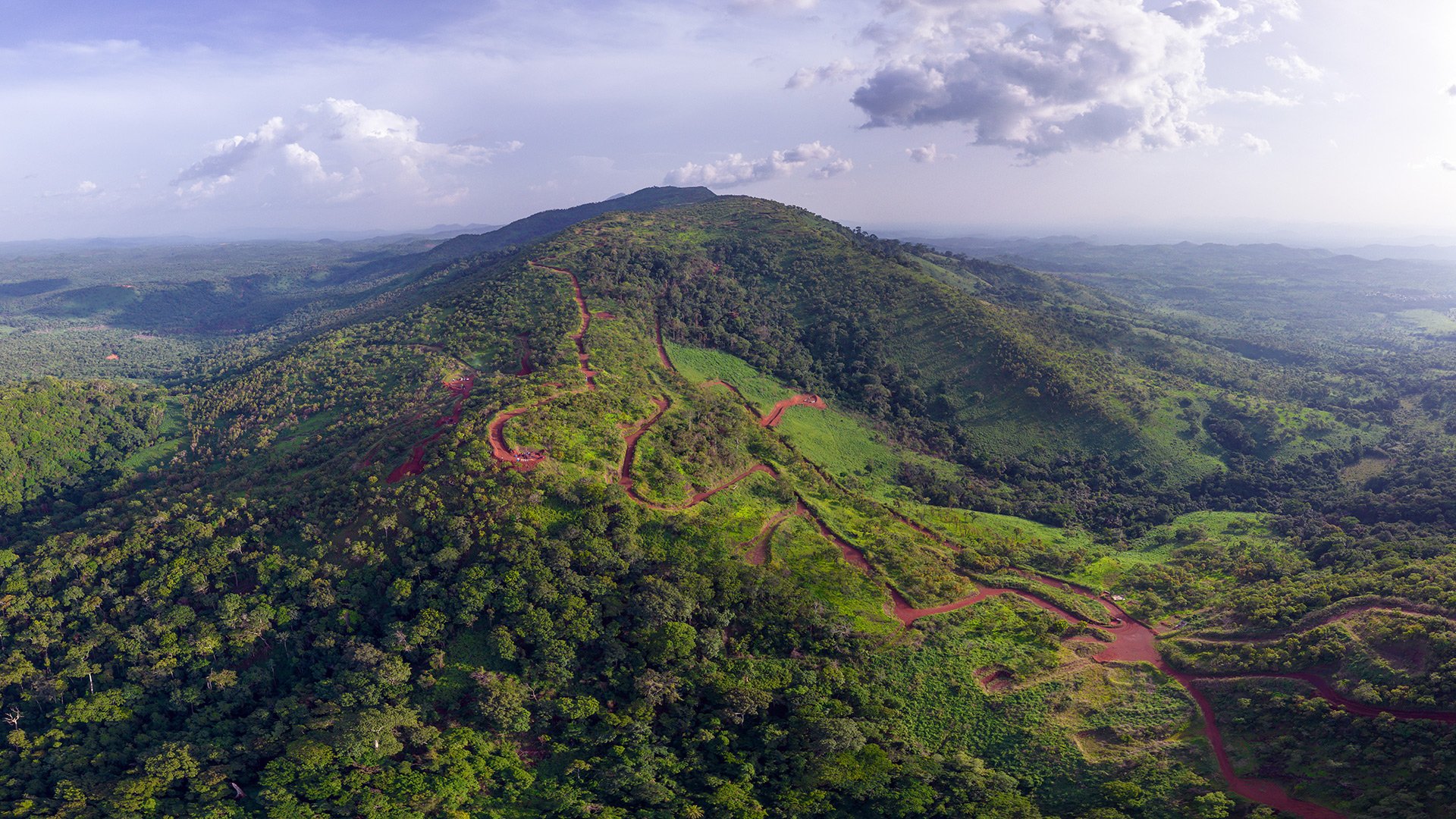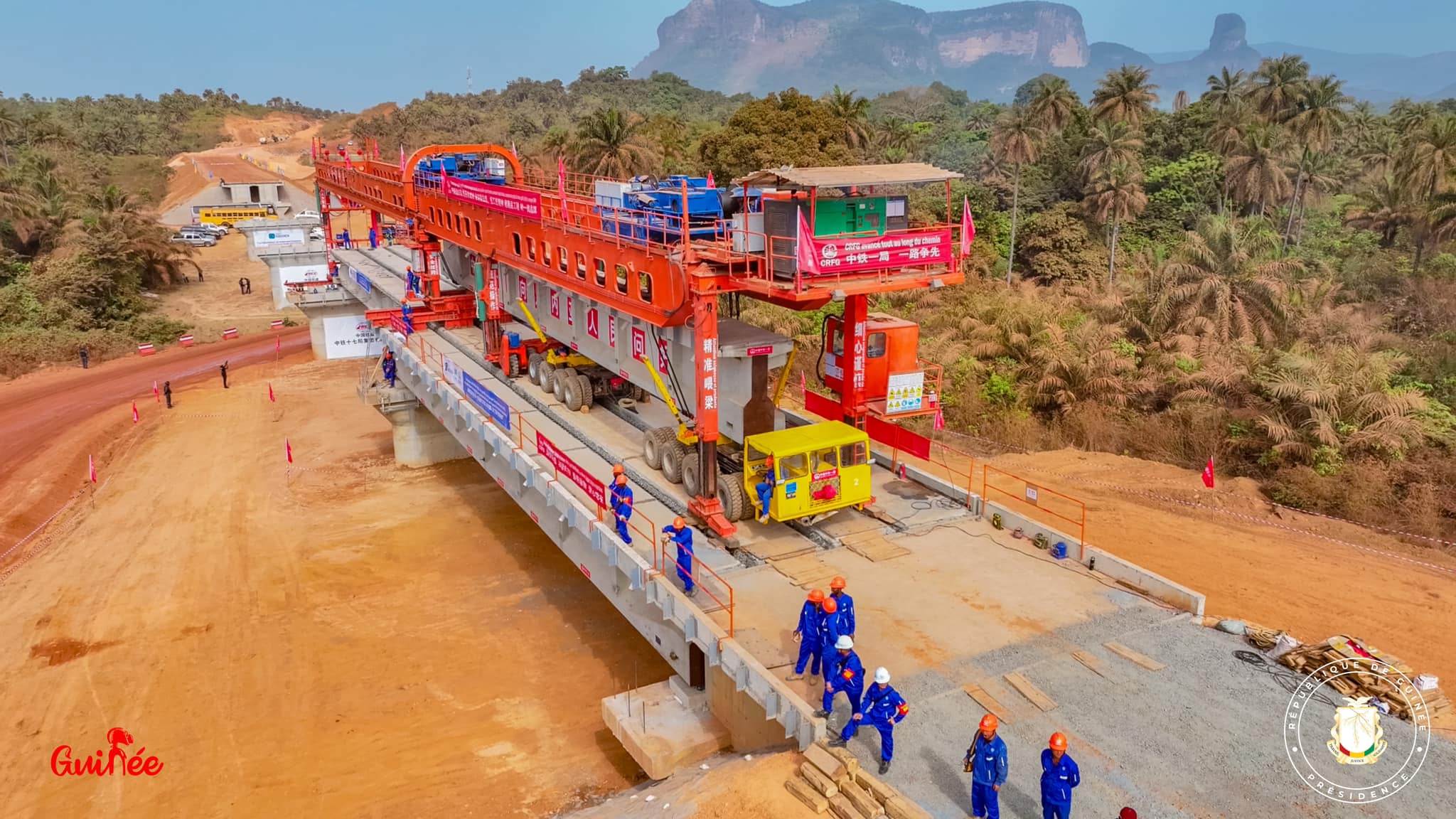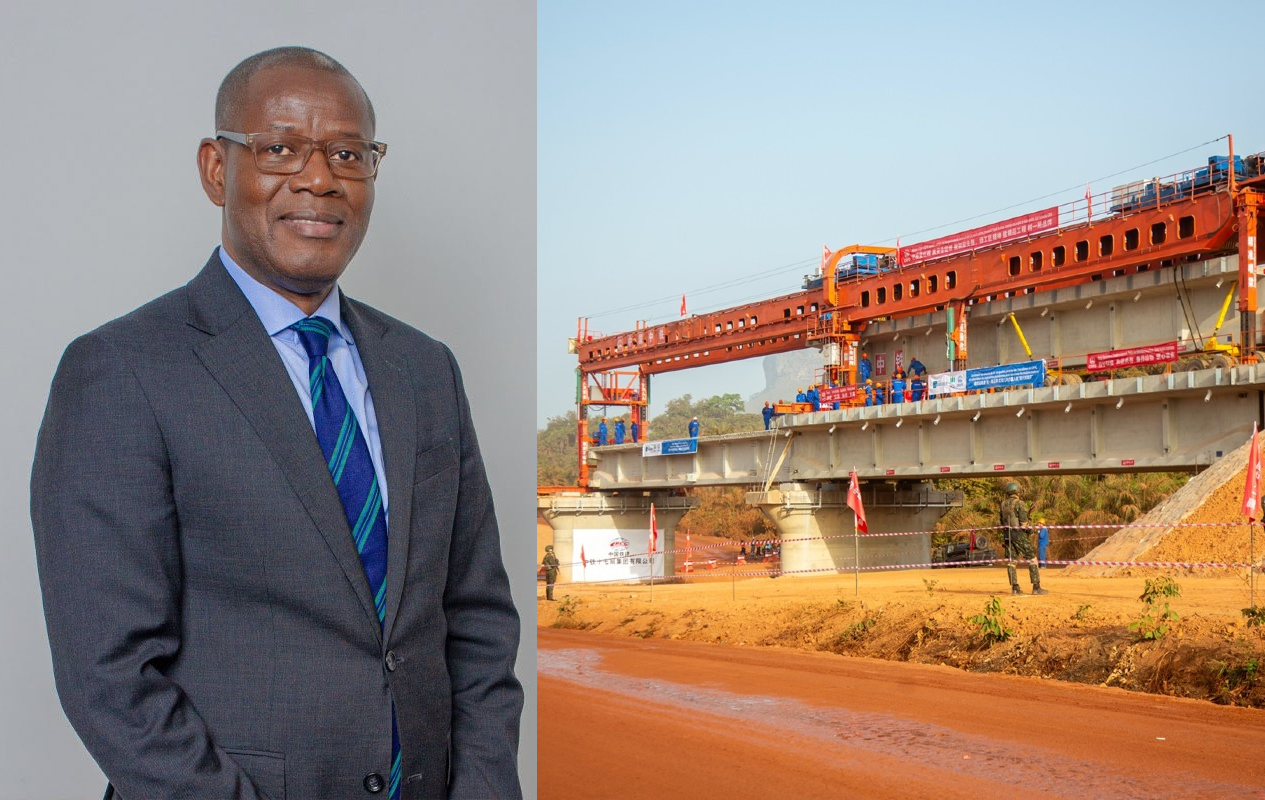On July 22, Anglo-Australian multinational mining group Rio Tinto announced the appointment of Guinean Aboubacar Koulibaly as CEO of Rio Tinto Guinea, effective the same day. He will head up the Simandou project, the largest mining and related infrastructure project in Africa.
The mining group said Aboubacar Koulibaly, 53, joins the management team at a key time when the Simandou project, Africa’s largest mining and related infrastructure project, is accelerating its implementation. In this capacity, it is reported, he brings impressive expertise in development planning, program design, partnership building, resource mobilization and strategic leadership.
Under Aboubacar Koulibaly’s leadership, Rio Tinto will continue to develop Simandou in a sustainable and responsible manner, emphasizing close collaboration with partners, stimulating investment and promoting economic development throughout Guinea.
World’s largest undeveloped iron ore deposit
The Rio Tinto group produces iron ore for steel, aluminum for cars and smartphones, copper for wind turbines, diamonds, titanium for household products and borates for food crops.
The world’s largest undeveloped iron ore deposit, the Simandou project is located in Nzérékoré, south-east Guinea, on the Simandou mountain range, covering an area of over 100 km. Its subsoil contains the world’s largest untapped reserve of high-grade iron ore, estimated at over 2 billion tonnes.

The Simandou mining concession is divided into four blocks. Rio Tinto holds rights to Simandou Blocks 3 and 4 through Rio Tinto Simfer, a joint venture between Rio Tinto, Chalco Iron Ore Holdings (CIOH) and the government of the Republic of Guinea. Rio Tinto is the majority shareholder and managing partner of Rio Tinto Simfer.
With operations scheduled to begin in 2025, the Simandou project currently employs a workforce of over 8,800 people, more than 80% of whom are Guineans. In addition, in 2024 alone, Rio Tinto spent over $400 million in Guinea on local content purchases.
Former supervisor of UNDP operations in Africa
Aboubacar Koulibaly, new CEO of Rio Tinto Guinea, said: “Simandou represents a unique opportunity to transform Guinea and pave the way for a better future for our people. I am honored to take the helm of Rio Tinto Guinea, to work closely with our partners on this remarkable project and to work towards realizing its full potential”.
Aboubacar Koulibaly has over twenty years’ experience in Africa and the United States, working for leading international organizations and in the public sector. He was country director of the United Nations Development Program (UNDP) in the Central African Republic and Mali. He also supervised UNDP operations in 46 countries.
At UNDP, his work focused on justice and the rule of law, security sector reform, anti-corruption, elections, peacebuilding and public sector reform. He has expertise in knowledge sharing and capacity building.

Managed complex political processes
As UNDP Country Director in the Central African Republic, Aboubacar Koulibaly has managed complex political processes in a context of humanitarian crisis and peacekeeping. To this end, he contributed to UNDP’s strategic repositioning in this highly volatile environment, diversifying programmatic activities while reinforcing UNDP’s role as a trusted partner in economic recovery and strengthening democratic governance. In addition, he was instrumental in promoting joint UN efforts to support the extension of state authority, elections, the creation and operationalization of the Special Criminal Court, and the development and implementation of the National Recovery and Peacebuilding Plan, including the establishment of the plan’s coordination and monitoring mechanism and mutual commitment framework.
Prior to joining the UNDP, Aboubakar Koulibaly held senior positions in the Guinean public sector, notably as Minister of Audits, Economic and Financial Control.
Aboubacar Koulibaly holds a master’s degree in public administration from France’s École nationale d’administration (ENA), and has also taken part in executive training programs in public policy, leadership and management at the American universities of Duke, North Carolina at Chapel Hill and Harvard.



